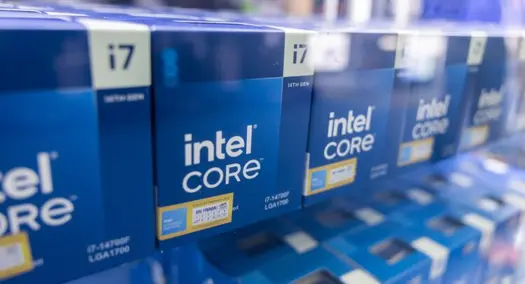T4K3.news
Intel stock rises on SoftBank investment
SoftBank to invest 2 billion in Intel, fueling expectations of a government lifeline for its foundry unit.
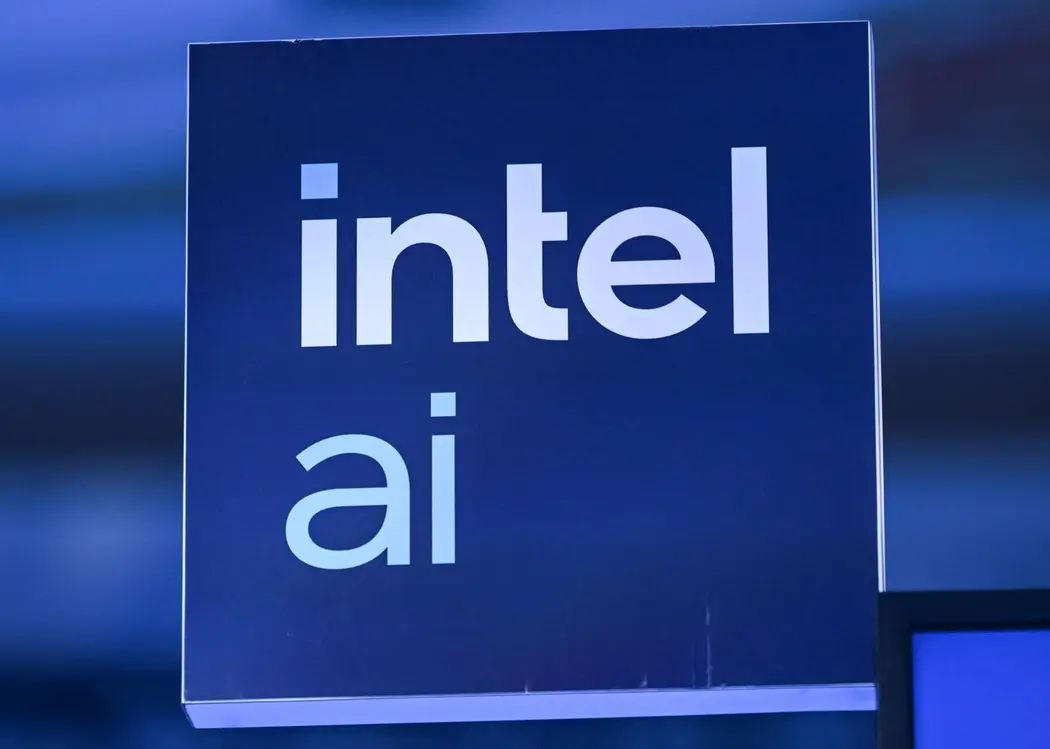
Intel gains from SoftBank’s $2 billion stake while policy chatter hints at a government role in shoring up the company’s foundry push.
SoftBank Investment and Government Backing Change Intel Prospects
Intel’s stock rose on Tuesday after SoftBank agreed to buy $2 billion of the chipmaker’s shares, elevating SoftBank to the rank of a top five shareholder and signaling private capital may back Intel’s beleaguered foundry business. The move comes as Washington weighs options under the CHIPS Act, with Commerce Secretary Gina Raimondo’s office hinting at a possible equity stake for the US in exchange for federal support. The Wall Street Journal had previously reported that the government was considering a 10% stake as part of a broader effort to strengthen domestic chip manufacturing. In early trading, Intel shares jumped about 7%, the largest gain in the S&P 500, as investors weighed the potential for a policy-driven lift to the company’s fortunes.
Analysts see two intertwined bets. First, SoftBank’s investment could pave the way for more backing from other investors and sharpen Intel’s appeal to potential foundry customers. UBS analysts suggested the stock could rise to about $40 if the government can persuade major chip designers and hyperscalers to contract with Intel for foundry services. Bernstein, meanwhile, warned that policy help alone cannot fix Intel’s core challenge without a solid process roadmap and ability to regain leading-edge capabilities. The discussion around a US equity stake, and the possibility of SoftBank pursuing its own chip ambitions, adds another layer to a race that is as much about policy as it is about technology.
Key Takeaways
"Without a solid process roadmap, U.S. investment in Intel would be economically equivalent to tens of billions of dollars on fire"
Bernstein on the core challenge facing Intel despite policy and capital support
"I also think there’s going to be other investors"
Patrick Moorhead indicating broader investor interest beyond SoftBank
"An upside case could potentially come to fruition if the US Government pushes these companies to engage more immediately with Intel on foundry services"
UBS on what could unlock Intel’s stock upside
"Intel, for better or worse, remains the only US-headquartered prospect for leading edge semiconductor chips and processes"
Bernstein on Intel’s unique market position
The episode highlights a rare moment when fiscal policy, private equity and technology strategy intersect. A government push could accelerate deals with key customers, but it also raises questions about moral hazard and taxpayer exposure. Intel’s historical strength lay in scale and process leadership; without a credible roadmap to regain a technological edge, the scale of public and private support risks becoming an expensive interim fix. If SoftBank’s interest signals a broader appetite among investors and strategic players to back domestic chip capacity, the next question is whether this fusion of capital and policy can produce a self-sustaining ecosystem or merely postpone deeper restructuring. The real test will be whether the foundry business can convert policy momentum into durable revenue with a reliable roadmap and competitive manufacturing prices.
Highlights
- Private capital meets policy, but execution wins
- Foundries need customers not promises
- Policy can unlock doors but cannot fix the roadmap
- America bets on domestic chips with a long horizon
Budget and political risk around Intel support
The situation mixes private investment with potential public funding and policy nudges. If a government stake or policy mandates material changes, it could invite budget scrutiny, unintended market distortions, or backlash from other industry players.
Policy and markets will test how quickly the industry can translate promises into production and profits.
Enjoyed this? Let your friends know!
Related News

SoftBank backs Intel with 2 billion investment
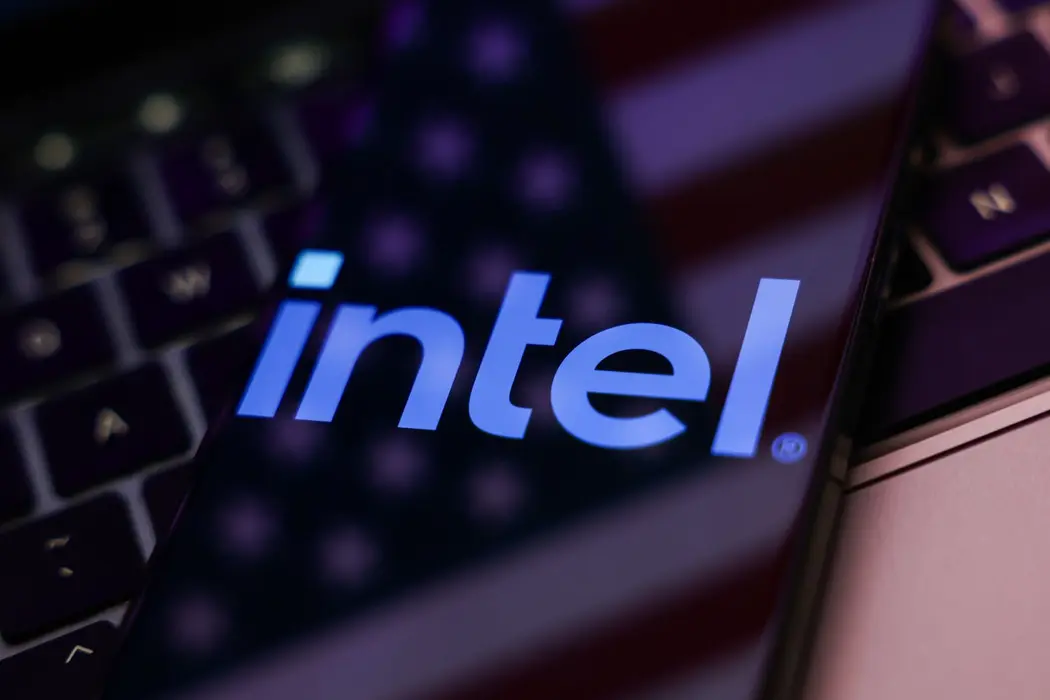
Stocks Mixed as Earnings Roll In and Chip Makers Lead
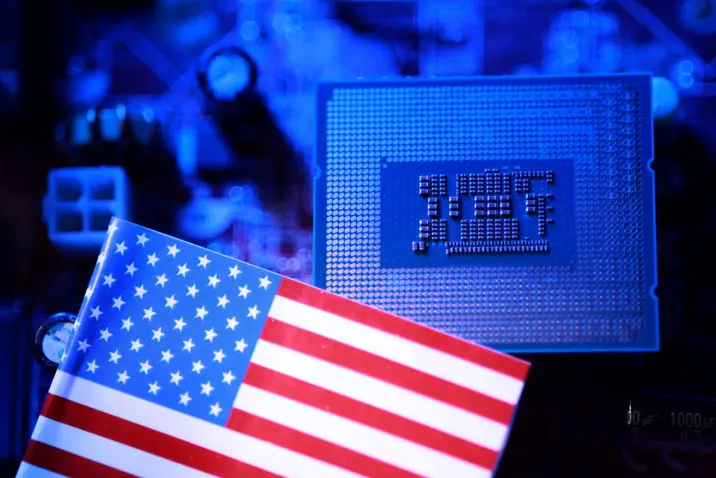
Trump administration seeks 10% Intel stake
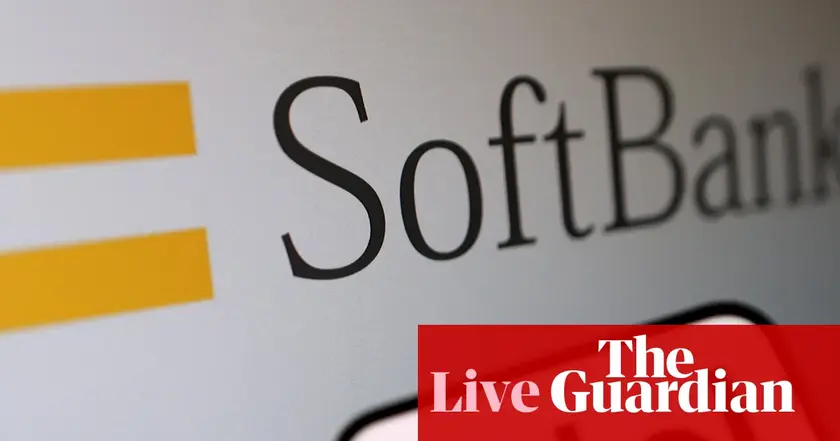
SoftBank invests in Intel for 2 percent stake
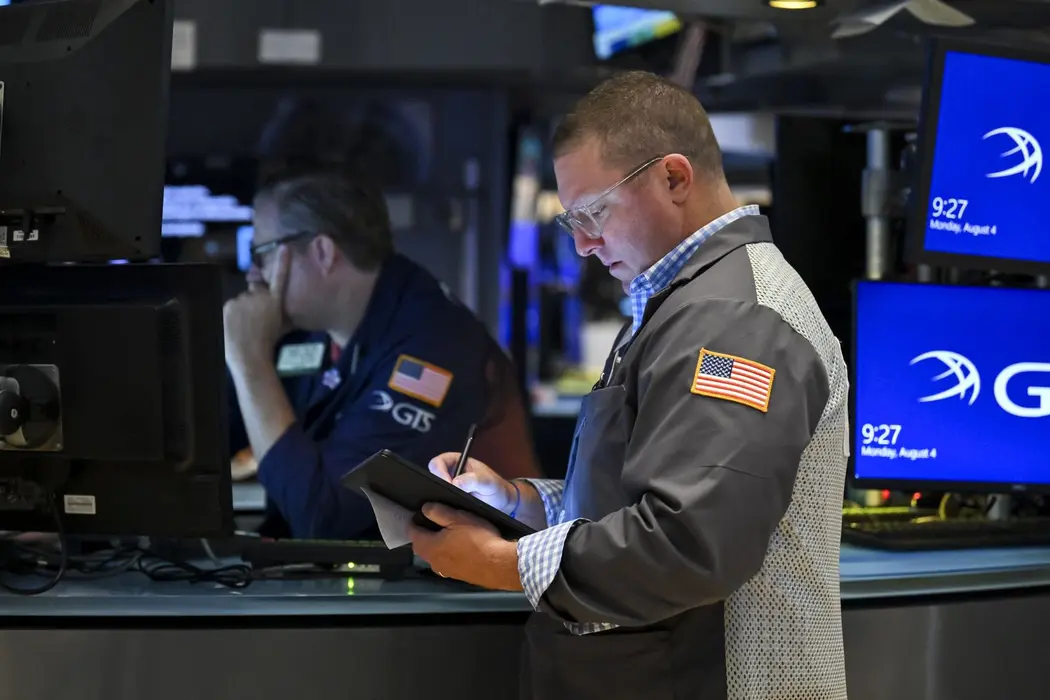
Markets Waver as Nvidia Eyes China Chip Push
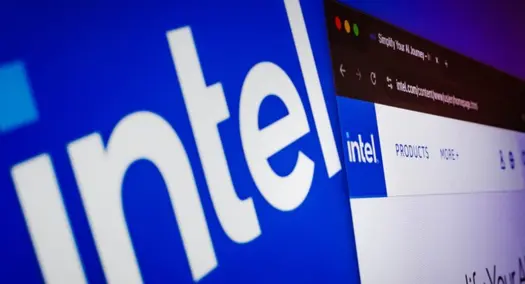
Intel faces new equity path
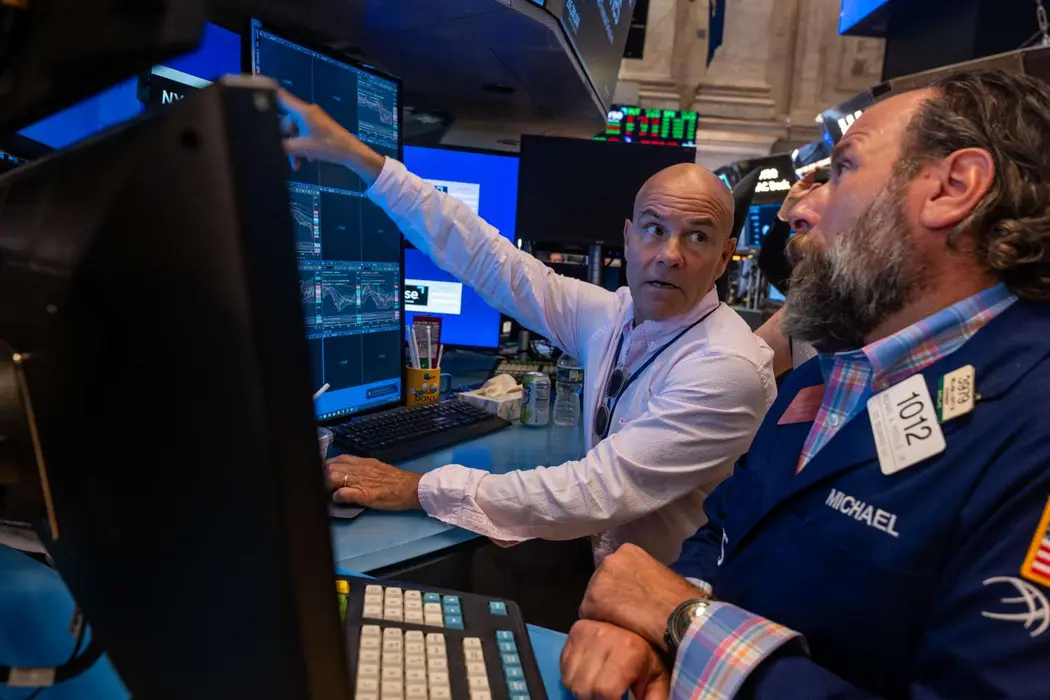
Tech stocks retreat as markets pause after record highs
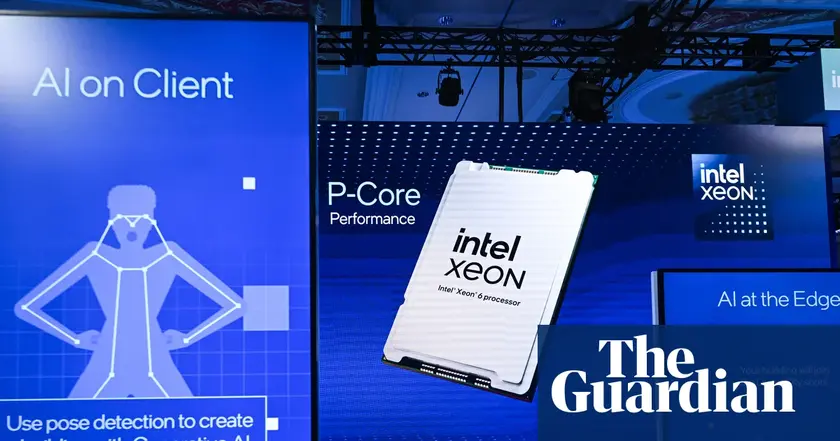
US considers equity stake in Intel under chips act funding
